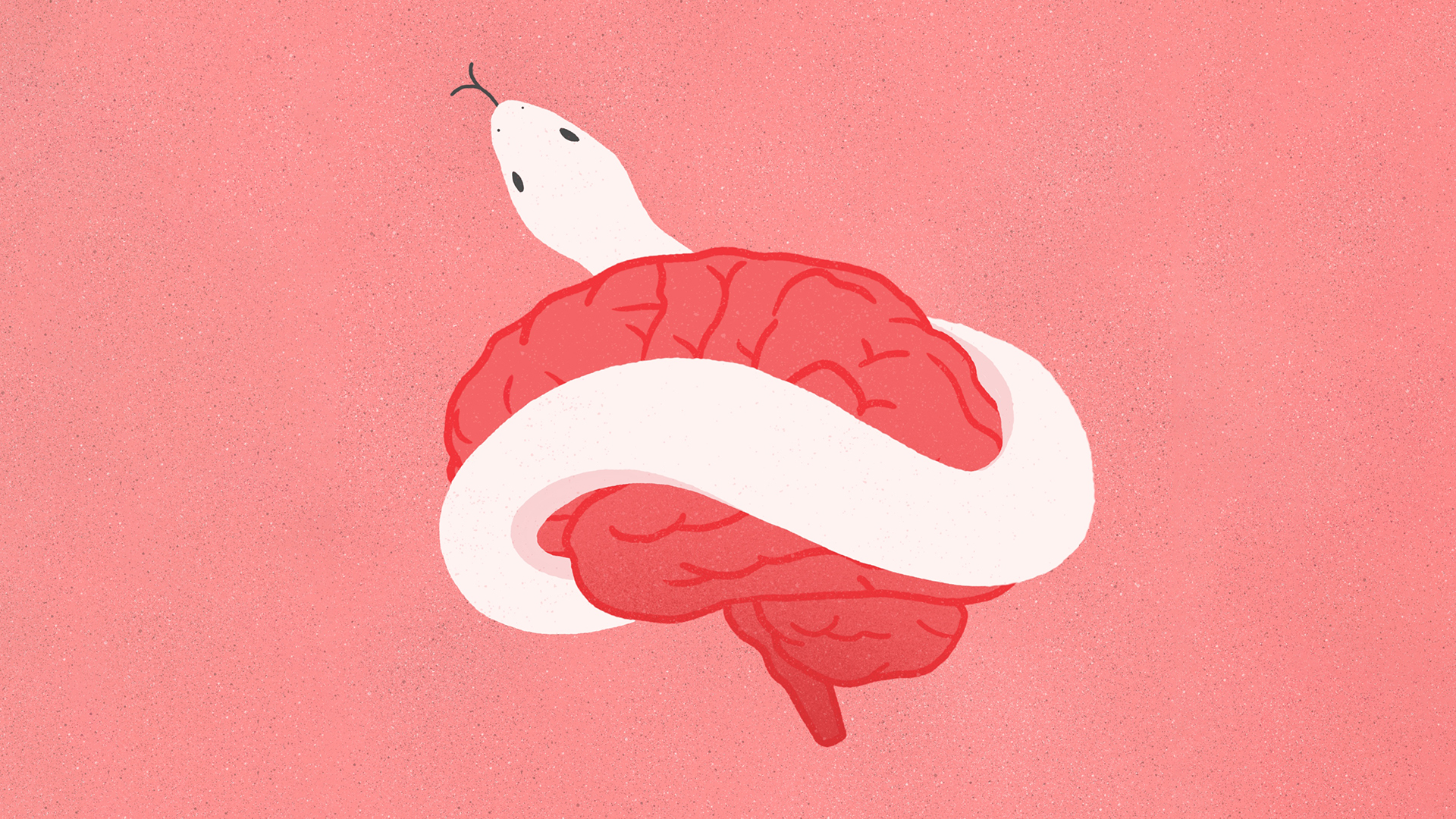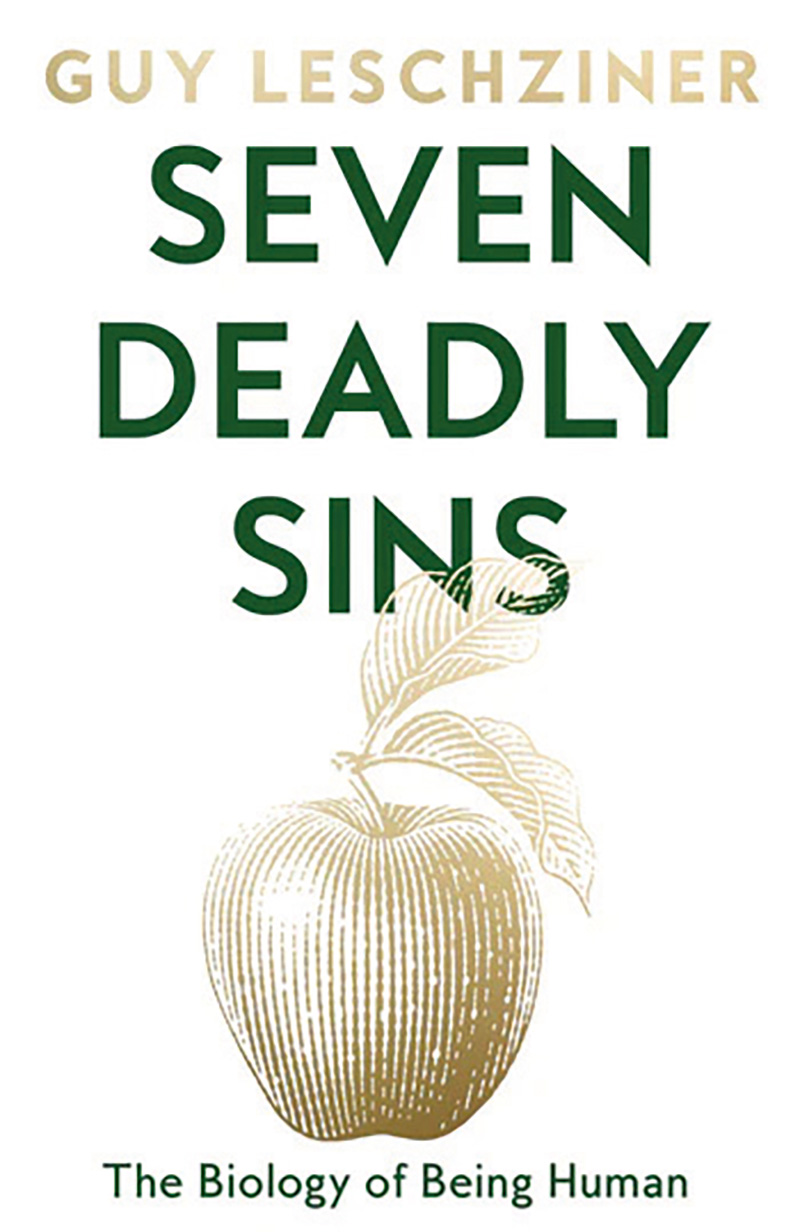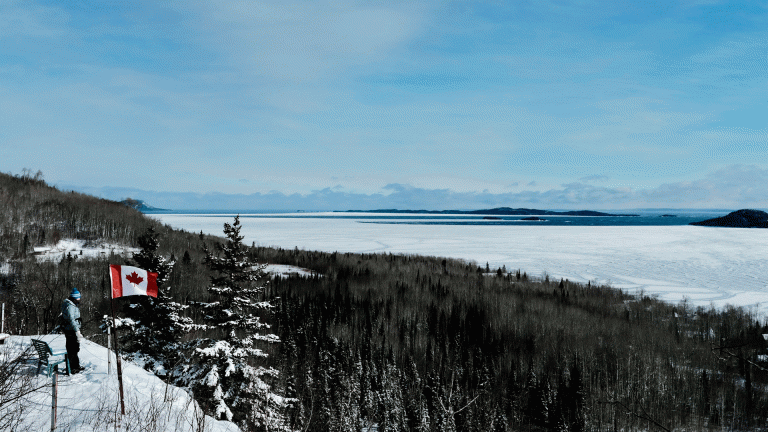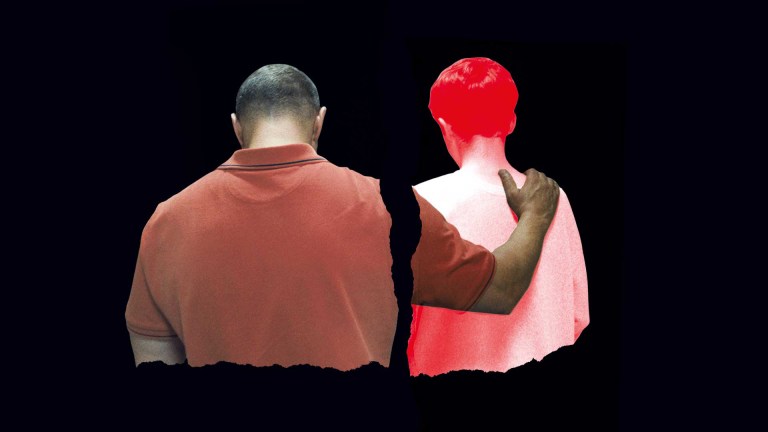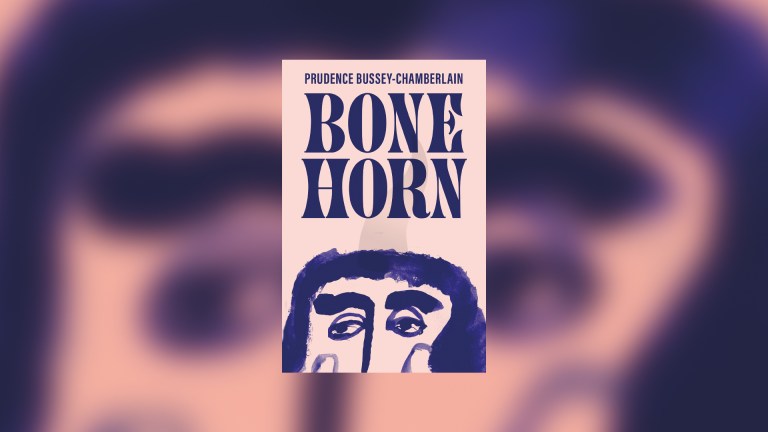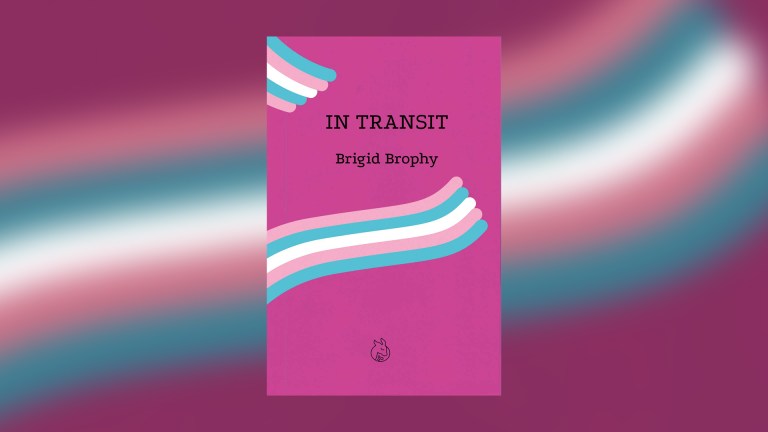On 21 April 1992, Robert Alton Harris was led to the gas chamber in San Quentin prison, his final meal a 21-piece bucket of KFC, two Domino’s pizzas, and a bag of jellybeans, washed down with a six-pack of Pepsi and a pack of Camel cigarettes. His fellow prisoners considered him such a terrible human being they celebrated his execution.
His journey to his early death had started many years before, in 1978. He and his brother had kidnapped two teenage boys at gunpoint, stealing their car for later use in a bank robbery. According to his brother, Harris had shot the boys in the back. One ran away, and he chased the boy down, held the gun to his temple and blew his head off. In the aftermath of the double murder, Harris was described as elated, polishing off the burgers the boys had bought just before the kidnapping. He joked to his brother that they should impersonate police officers, and report the boys’ deaths to their parents.
Get the latest news and insight into how the Big Issue magazine is made by signing up for the Inside Big Issue newsletter
Harris was clearly a monster, a man devoid of empathy or kindness. But his story is one that illustrates the complexities of nature versus nurture, of free will, of what it means to be human. For from another perspective, his journey to the gas chamber had started decades earlier, before he was born.
His parents were both alcoholics, and he had been born premature after his father kicked his mother in the stomach, convinced that Harris was the product of infidelity. He had a speech impediment and learning difficulties, attributed to his mother’s drinking in pregnancy. His father beat all his children mercilessly, and sexually abused his daughters, and his mother denied Harris any physical contact. Aged 14, he was in detention for trying to steal cars, and was raped repeatedly.
To learn of his upbringing does not excuse him of his crimes, but perhaps provides some degree of explanation. Was he the architect of his own life, or was it determined by external factors – a combination of his genes, the stunting effects of alcohol on his brain, the traumatic nature of his childhood?
